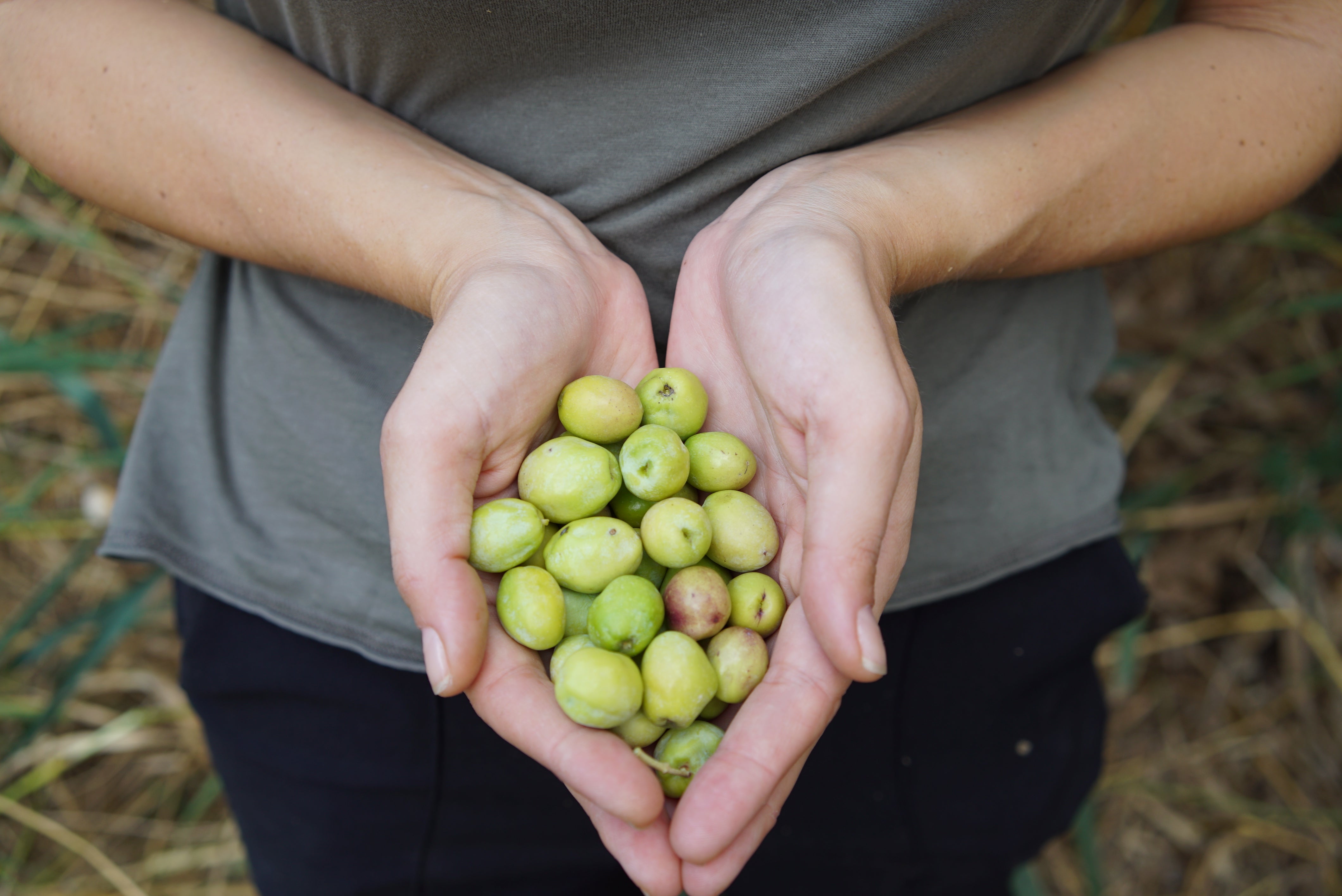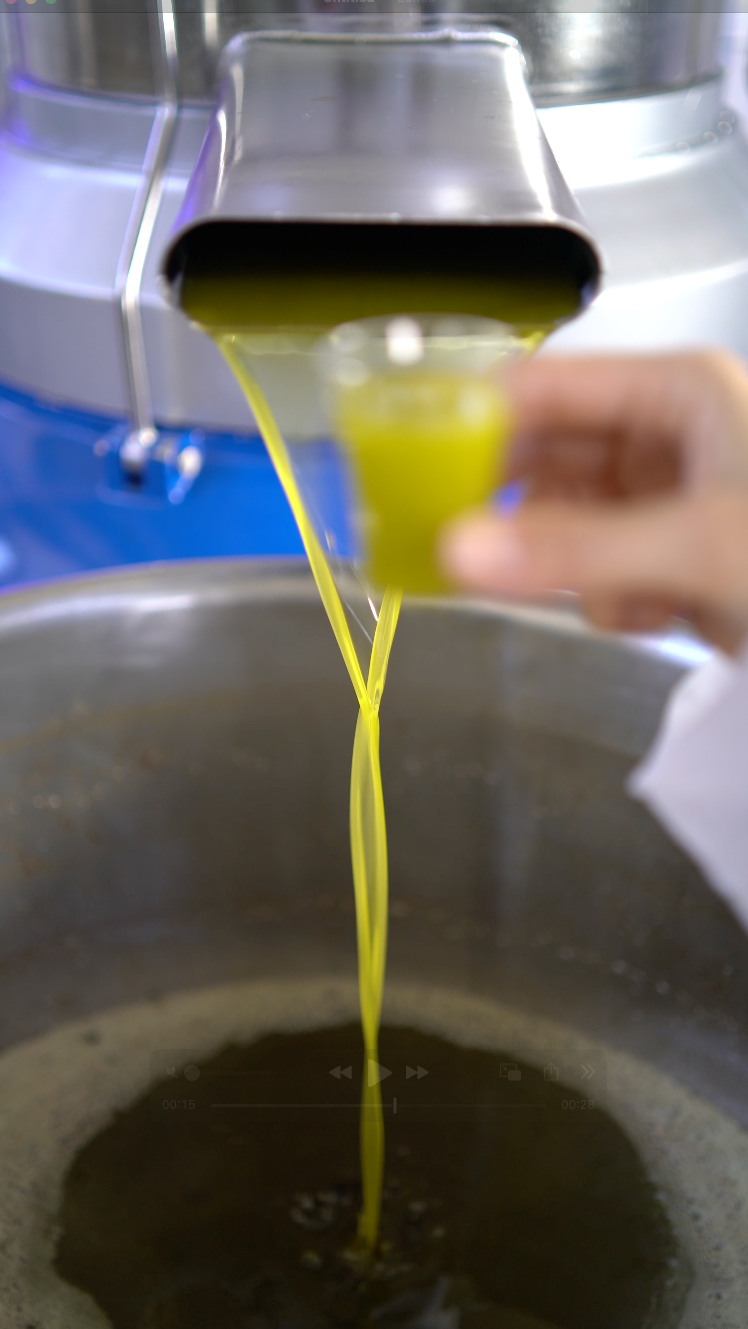
Olive Oil Story
Health Benefits of Olive Oil
Rich in Antioxidants: Helps fight free radicals, promoting overall health and reducing inflammation.
Supports Heart Health: The monounsaturated fats in olive oil can help lower bad cholesterol levels.
Boosts Digestion: Olive oil is known to aid digestion and improve gut health.
How to Use Olive Oil in Your Recipes
Salads: Drizzle extra virgin olive oil over fresh greens, adding a touch of flavor and health.
Marinades: Use olive oil as a base for marinades, infusing meats, fish, and vegetables with depth and richness.
Cooking: From sautéing to baking, olive oil brings out the best in your ingredients.
What Does Acidity Level Indicate?
The acidity level is a percentage expression that shows how much the molecules that make up the olive oil have degraded. Olive oils produced from fully ripened fruits have higher acidity levels. As the fruit remains on the branch, it ripens, deteriorates, eventually falls off, and enters the decaying stage. Oils extracted from ripened fruits tend to be softer in texture compared to others. These oils are more suitable for use in hot dishes, offering a delicate balance and flavor when cooked.
Tips for Cooking with Olive Oil
Always use high-quality extra virgin olive oil for raw dishes like salads and dips.
For frying, opt for refined olive oil due to its higher smoke point.
Store your olive oil in a cool, dark place to maintain its freshness and flavor.
Mediterranean Recipes Featuring Olive Oil
Traditional Olive Oil Cake
A moist, flavorful cake with a touch of citrus, perfect for any occasion.
Herb-Infused Olive Oil
Add fresh herbs like rosemary and thyme to your olive oil for a fragrant twist.
Classic Hummus
Blend chickpeas, tahini, lemon juice, and olive oil for a creamy dip that’s perfect for snacks or appetizers.
